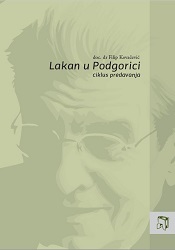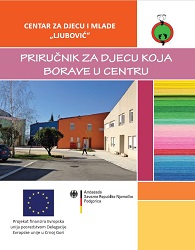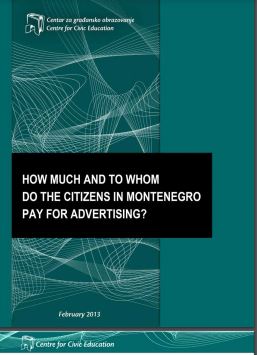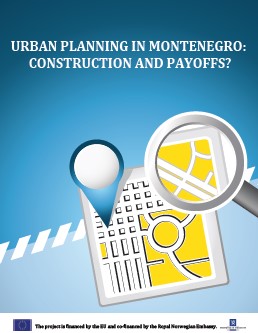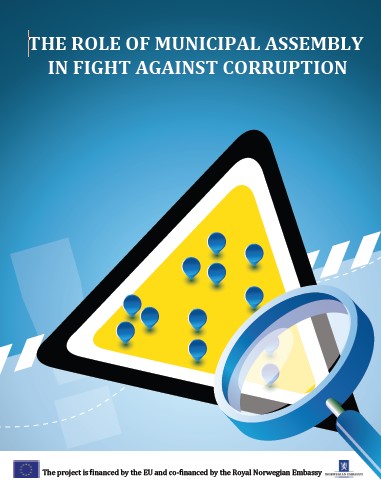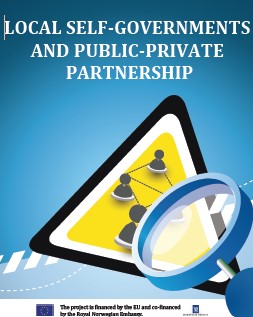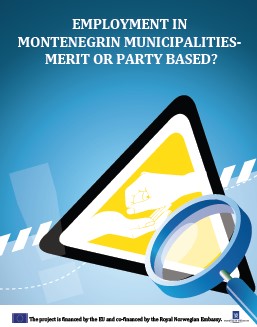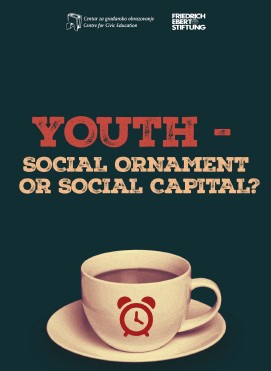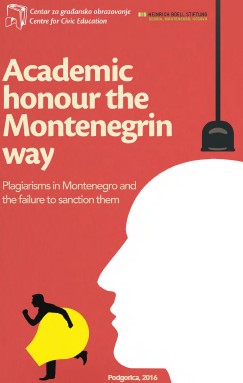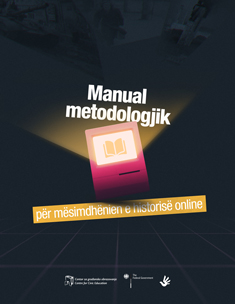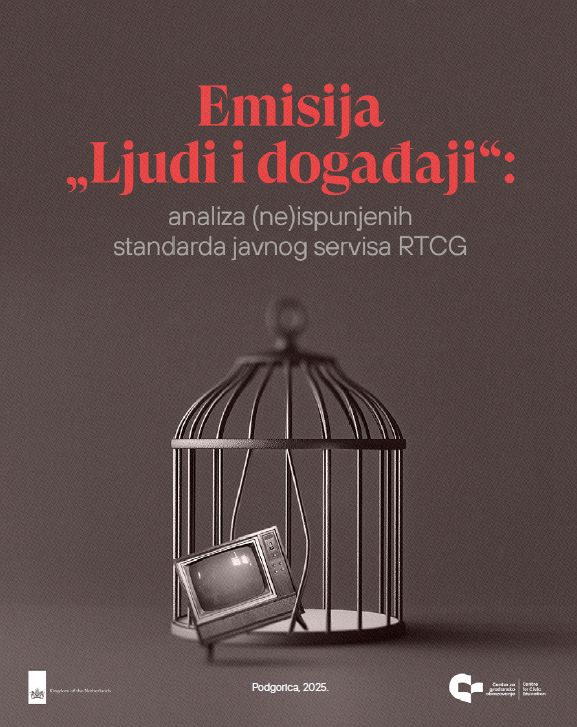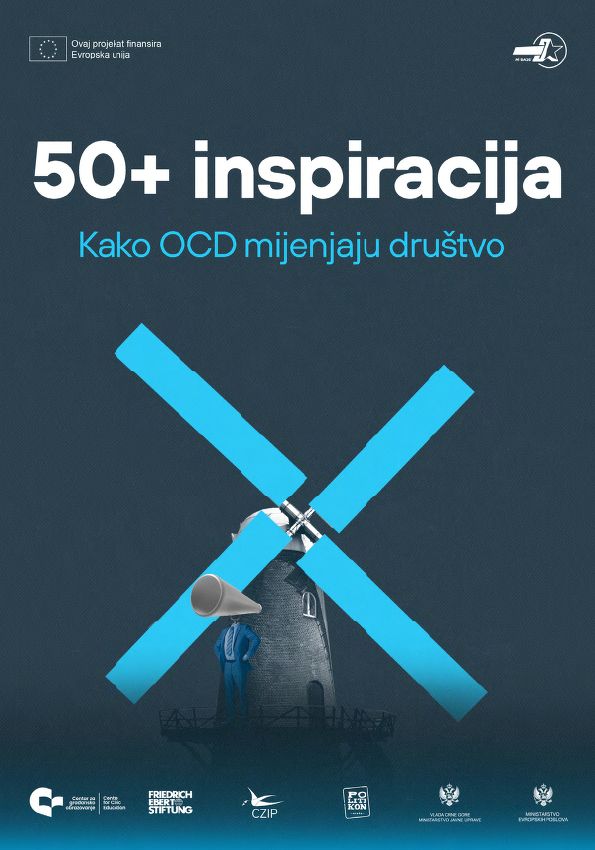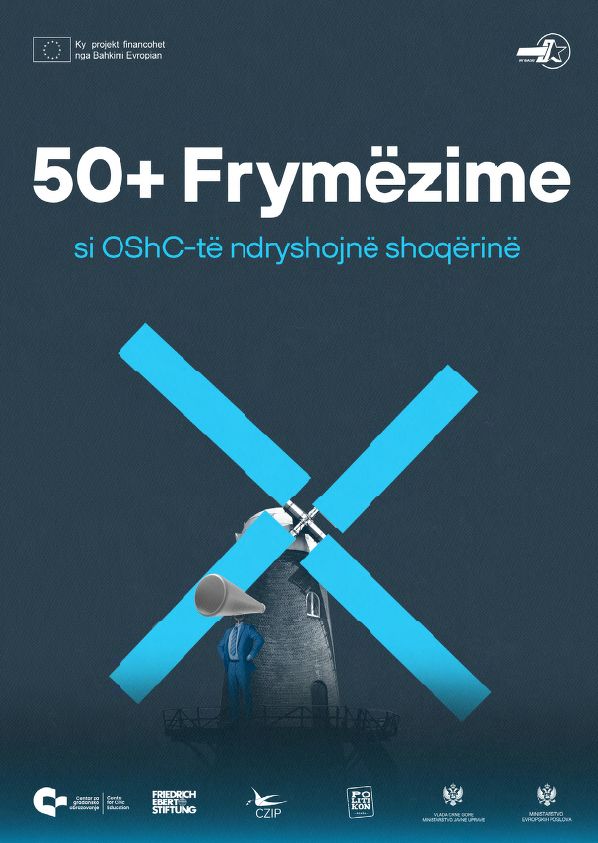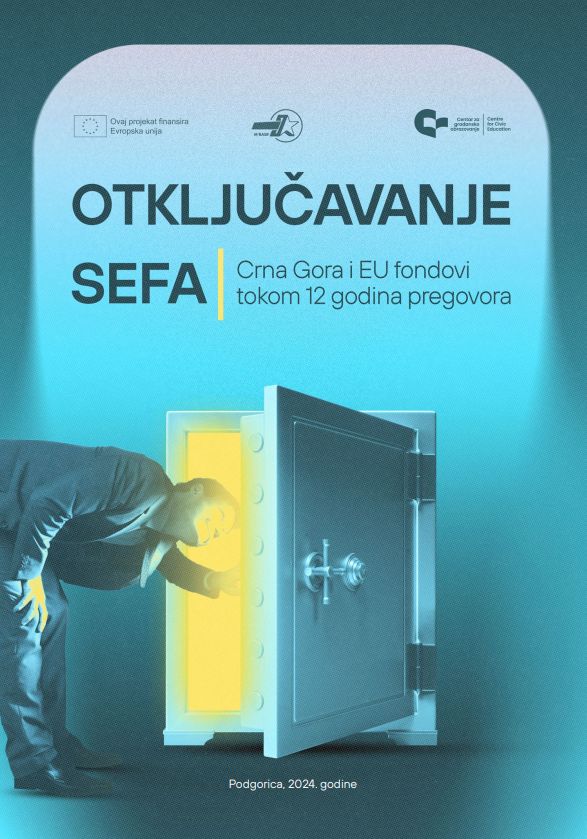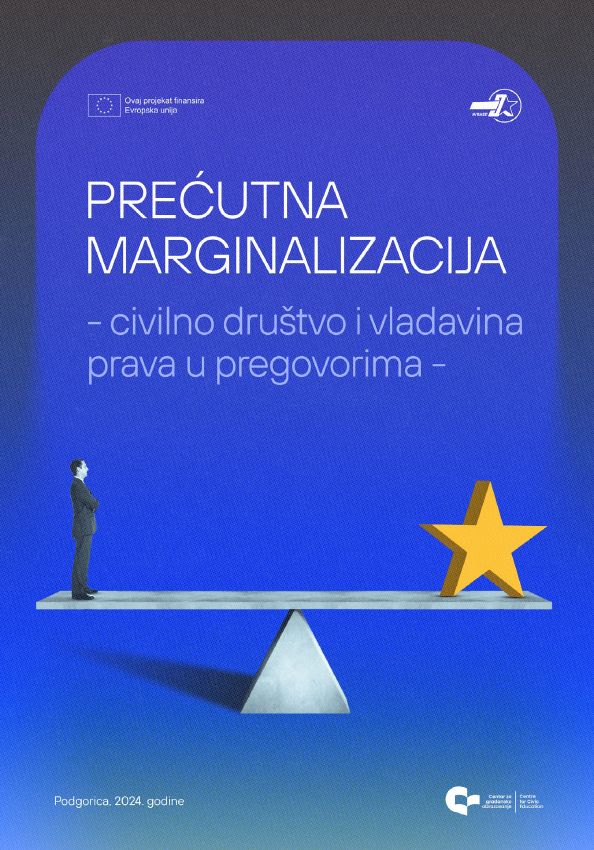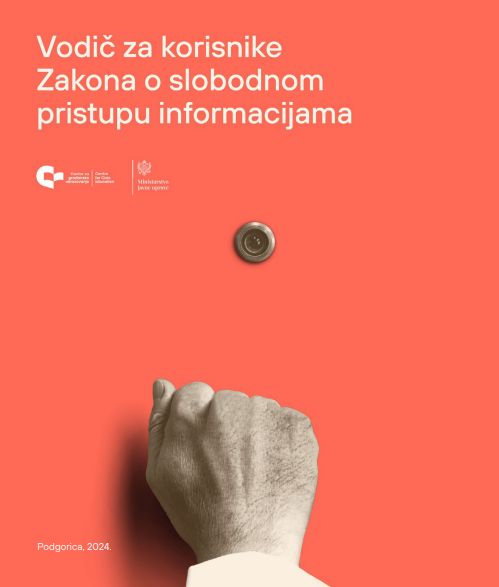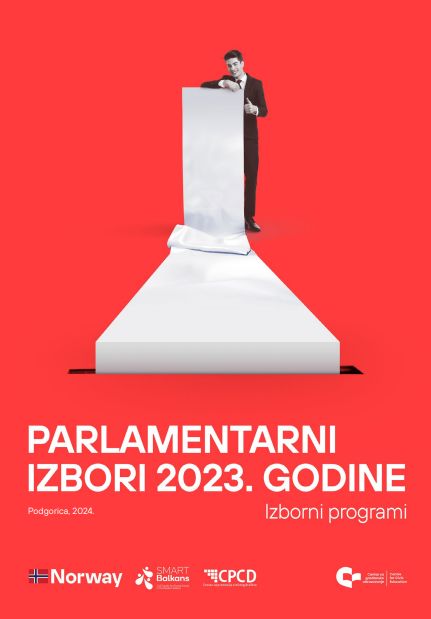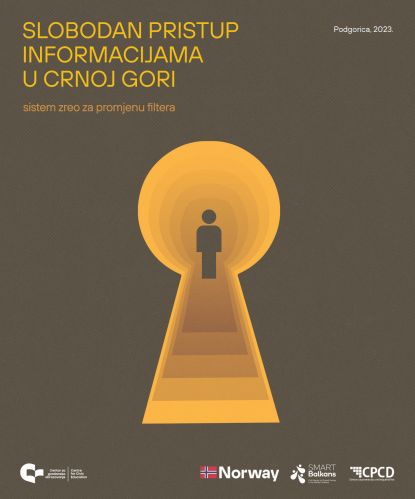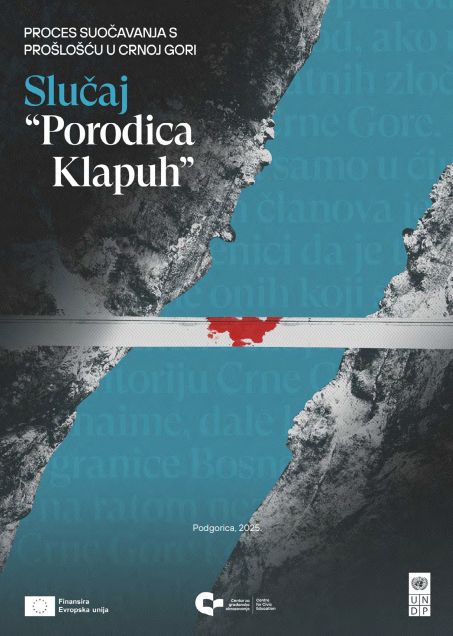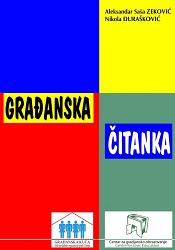
The Civic Textbook
Građanska čitanka
Keywords: Civic society; Democracy; Civic education; Human rights; Mass media; Corruption; Gender equality; antimilitarism; de-nazification; local government;
Autori su u knjizi obuhvatili sve bitne i značajne pojmove, kategorije i institucije građanskog društva. U prvi deo knjige, u obliku eseja, uvrstili su pojmove, kategorije i institucije koje predstavljaju preduslove, uslove i principe dobro uređenog i razvijenog građanskog društva. Obrađena je demokratija kao vladavina koja odgovara i omogućava građansko društvo, lokalna samouprava na kojoj se temelje savremene demokratije i koja je od svih vlasti najbliža građanima i policija kao značajan i osetljiv organ bezbednosti zadužen za održavanje i garantovanje javnog reda i mira. Od uslova za utemeljenje građanskog društva autori su obradili ljudska prava na kojima se temelji građansko društvo i koja su smisao građanskog života, tržišnu privredu koja omogućava zdravu i ravnopravnu utakmicu u ekonomskom životu i nevladine organizacije kao udruženja koja neposredno artikulišu različite potrebe i interese pojedinaca i posebnih društvenih grupa. Takođe su obrađeni principi na kojima se zasniva građansko društvo - antimilitarizam, ravnopravnost polova, otklanjanje barijera za sve koji su u bilo kojem nepovoljnom položaju i suočavanje s prošlošću kao mogućem izboru nesporazuma u sadašnjosti i budućnosti.
More...
